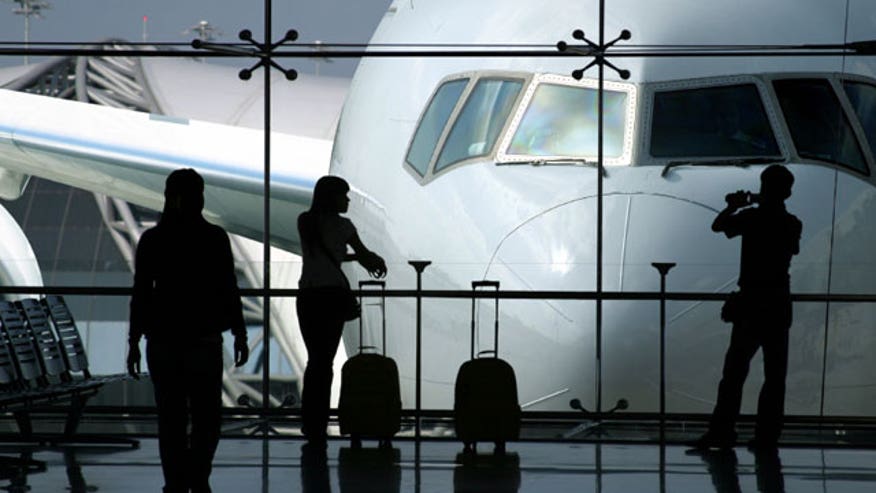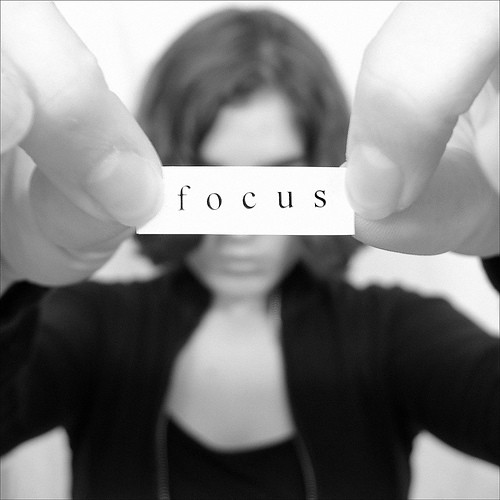Professional athletes are by default professional travelers, and they like routine. They may be both inspired and inspirational in their day jobs, but there is plenty we can learn from them in terms of how they travel as well. In situations where there are so many things that they cannot control, it only makes sense to have things as possible nailed down. Getting places on time, having the right food and drink at the right time, and getting their body to rest are all part of the deal (although as Rebecca Barlow has described, being prepared to interrupt those rhythms when you’ve got the flexibility to do so can also lead to some colorful experiences when things are little more relaxed!)

Taking a tip from the travel pros
But in order to get the most from their planning, the pros make their travel as much a matter of routine as they can. These guys spend days at a time just getting from one city and one country to the next. Never mind professional athletes, they are also full time travelers. Incidentally, competitive travelling is a different thing entirely.
Examples to us all
But professional athletes are just rarefied exemplars of what we all do all the time. Instead of playing a football match, maybe you read a sales pitch. Rather than heading to a cup final, how about a once in a lifetime trip to your most dreamed of destination? The nature of competition may be slightly less obvious (there are always other bidders and other candidates and things that can sully the experience) and the training may be a matter of swatting up on your answers or your local knowledge rather than honing your ball skills. But the bottom line requirement to get yourself in order for the big day – whatever it is you’re doing – is pretty much the same once you strip it down to its bare essentials. And that logic applies equally if what you’re aiming for is simply to have a good time on your travels – why would you not want to aim for a world class experience?
As we’ve said, competitors like routine. Amidst the whirl of different venues in different cities and time zones, a routine represents a familiar safety blanket. It is the practical unspectacular set of mechanisms that allows that quiet voice in the back of your mind to tell you that ‘everything is ok.’ It may be a matter of checking into a more than hotel 24 hours before a big game, always having the same meal at the same time from the kick-off, and always having their iPhone to hand….
Of course, there are a million and one points of detail that go into the run up to any set-piece event. You can’t always control all of them, but the more you can, the more you will be able to focus on what you really want to achieve. If you’re travelling, for example, having a financial check list before you leave home is just one way to keep your mind in a good place, to be able to enjoy your time in transit, and to arrive ready for whatever your destination throws at you.

And this is especially important to those who make their living as professional competitors. In careers that can be over in the blink of an eye, every point is a major event while every match is potentially pivotal. It is a scenario that sets up the professional competitors that we watch as examples to us all. The parallel is simple: our travel time is every bit as precious as an athlete’s career. Every second and every incident count. That means we need as much free head space as possible to be able to focus on what it is we want to achieve.
The lesson
There’s a little lesson on this point that professional poker player Eugene Katchalov wrote up in a blog post last year. On the face of it, the PokerStars pro was writing about something else, but his piece is worth revisiting because it offers a neat line on what we’re talking about here.
In a nutshell, Eugene realized that he was in danger of missing his flight to his next event. In an airport swarming with delayed passengers and stressed out staff, Eugene stayed cool, and it paid off. That’s an important lesson in itself. Letting emotions govern your behavior is great if you’re romancing, but for most other things it is usually not the best way forwards.

But Eugene didn’t just stay cool. He stayed positive as well. He managed to sweet talk a hassled staff member into treating him as someone she wanted to help, rather than just another angry passenger. That positive attitude and an equally positive and sensitive regard for the people around him served Eugene well. He made his flight, made his tournament and made a healthy profit on the trip as a result. Positive thinking and a positive demeanor, and the ability to see the bigger picture can take you a long way. But that positivity and clear sightedness were borne of Eugene’s knowledge of the situation and his readiness to adapt.
Comfort blanket
So routine can represent a comfort blanket in unfamiliar territory. It’s the first resource we all can call on whether we’re travelling, working or gearing up for our next big fight. But while that level of security might be necessary, it is not sufficient on its own. Things can go wrong, as traffic jams and airport delays can screw up our plans.
What’s more, if we are in one of those competitive settings, too much routine can become a drawback. If Eugene is playing poker and he makes the same move time after time, eventually someone is going to rumble him. And just like Eugene, if there are only three seats left on the plane and there are 30 people trying to get on it, you’re going to need to change the way you ordinarily sit passively in line waiting to get called if you want to make the flight.
Focus on the big stuff
So routine is a great tool to have in the bag. It’s what can help make sure you’ve got your toothbrush, your visa and your passport in the right pockets; it’s what means you can clear your mind of all the clutter and chaos and focus on what is important – whatever that is for you.
If all this talk of professional athletes seems a little far away from the experience that most of us enjoy, it is worth remembering just how many long hours those guys spend away from home, and how much of their regular working lives they spend on planes and coaches. It gives them a heck of a lot of time to reflect on the peculiar nature of what it is they do, and just how quickly a competitive career can be brought to an end. Making the small stuff routine is a way to be able to truly focus on what is important. That’s just as true for the rest of us as it is those happy looking guys in all their new gear in those glamourous venues.
If you mess up your travel, or if you have it messed up for you, it can have knock-on effects that can ruin an entire trip. It’s not quite the same neat and tidy an equation as a footballer losing his game and missing out on a big occasion, but the lingering sense of a wasted opportunity, and of frustrated dreams is every bit as painful. There is so much to be gained from travelling that it is always a double disappointment when things go wrong. Taking a few tips on the benefits of routine, but also the value of adaptability can be the difference between travelling in hope and travelling in confident expectation of a good time. We see the latter as the winning travel formula.